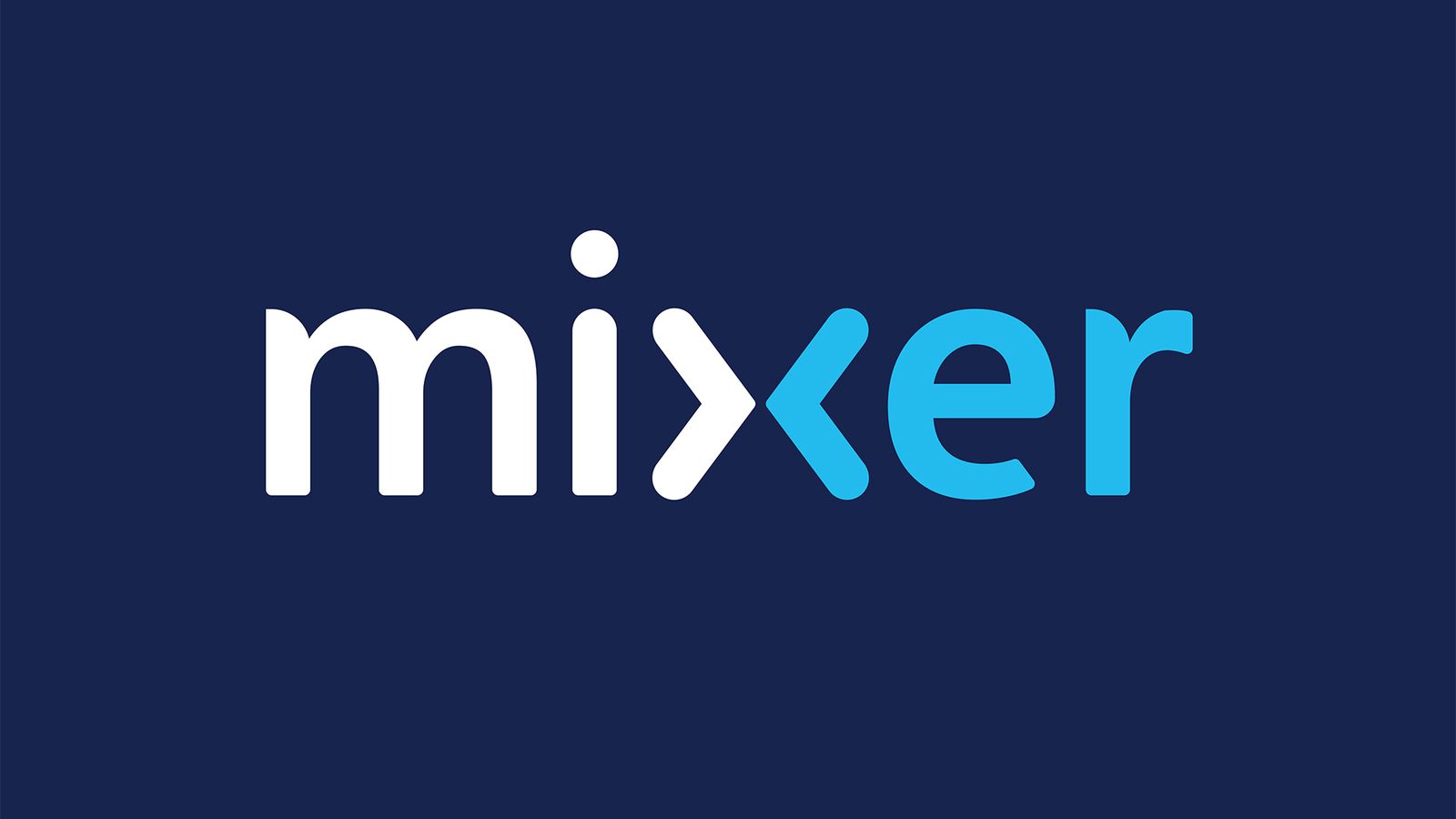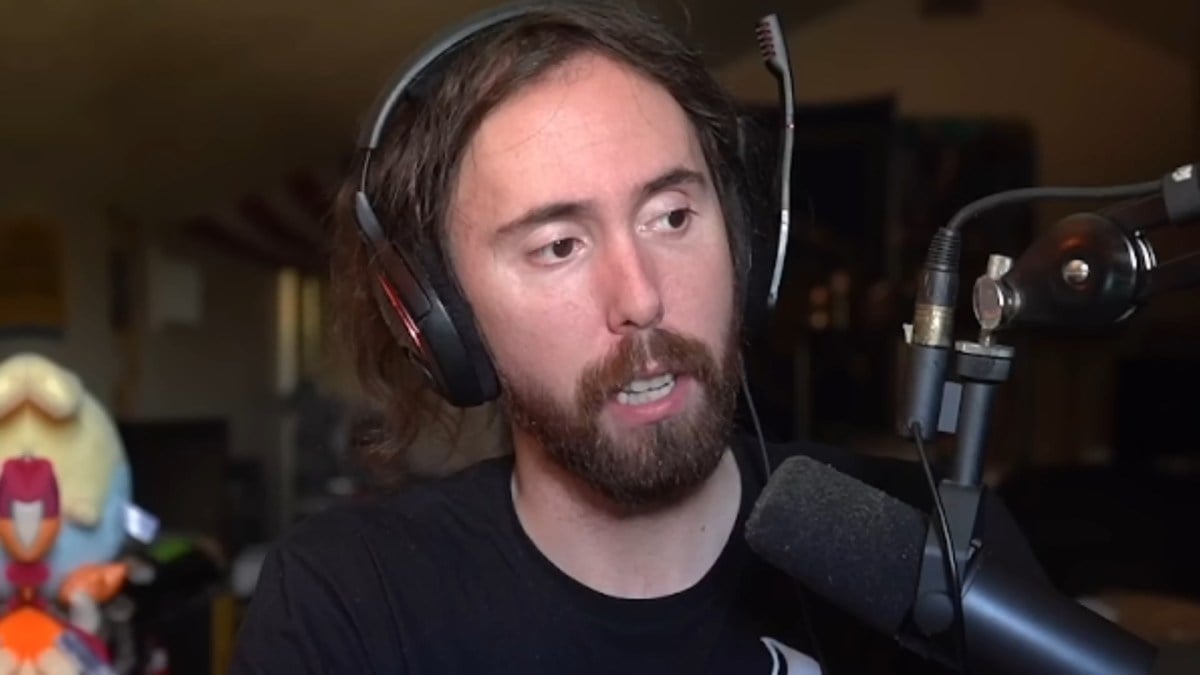On June 22, Microsoft announced it’d be shutting down Mixer.
Mixer’s services officially end on July 22, which will close the chapter on one of the streaming services that was supposed to eventually rival the juggernaut that is Twitch.
From the outside, Mixer appeared to be making the right plays to contend in the growing industry. Shutting down operations just four years after being acquired by Microsoft, however, will likely act as a warning sign for other potential Twitch competitors.
Though Mixer never grew to a scale to compete with Twitch or even YouTube and Facebook Gaming, there were no obvious outward signs that the service was failing so soon. Just last year, it signed major celebrity streamers, including Ninja and Shroud, in a blockbuster bid to shake up the industry.
Now, it looks like Microsoft is pivoting away from content creation entirely, partnering with rival platform Facebook Gaming to accommodate its Mixer partners after the shutdown.
“It became clear that the time needed to grow our own livestreaming community to scale was out of measure with the vision and experiences that Microsoft and Xbox want to deliver for gamers now, so we’ve decided to close the operations side of Mixer and help the community transition to a new platform,” Mixer said in a press release.
The “streaming wars,” as some in the industry and media called them, began in earnest when Mixer signed Ninja, one of the most popular and recognizable streamers in the world, on July 31, 2019. Shortly thereafter on Oct. 24, 2019, Mixer signed Shroud, another top Twitch streamer. The goal was for the pair to bring over thousands of their loyal viewers to spike the entire platform’s viewership.
The plan didn’t work out, though. From April 2019 to April 2020, Mixer had the smallest year-over-year growth among the four major streaming platforms at just 0.2 percent, according to a report by Stream Elements and Arsenal. The next smallest year-over-year increase was YouTube, which saw a 65-percent increase in hours watched over the same time period. Twitch and Facebook Gaming more than doubled their hours watched, which left Microsoft in a bad spot after investing so much into its service.
Ninja and Shroud’s arrival on the platform did bring in more users to Mixer, but it didn’t translate to sustained growth for the platform. Its failure to capitalize on those small viewership spikes proved that marketing, infrastructure, and accessibility are more important to the average viewer.
YouTube has the accessibility down but lacks some of the features that Twitch has made synonymous with livestreaming. Facebook has done a better job of marketing its platform through projects like a dedicated Facebook Gaming app but is still trying to grow in comparison to the other two.
Mixer didn’t have the same number of active monthly users when Microsoft bought Beam, a startup streaming service that focused on interactivity and low-latency streaming in 2016. After the acquisition, Microsoft didn’t make any major moves to contend with Twitch until 2019. And by then, the gap was too large and other platforms had invested in the streaming space.
Head of gaming and Xbox at Microsoft Phil Spencer told The Verge that Mixer “started pretty far behind, in terms of where Mixer’s monthly active viewers were compared to some of the big players out there.” And while that’s true, a lack of viewers wasn’t the only reason Mixer failed.
Relying on a handful of big-name streamers to draw attention to the platform would work for short spurts, but trying to relay that into service-wide growth isn’t how this medium functions. Yes, Ninja and Shroud are big personalities that can garner an audience, but viewers on Twitch can flip back and forth between numerous popular channels quickly during lulls in content.
But even beyond spending an estimated $30 to $50 million to bring in top streaming talent, it was clear something was going to have to change for Microsoft since one of the main goals for the service was strengthening Xbox in the streaming space, according to Spencer.
Microsoft wanted to use Mixer to reach audiences outside of traditional spaces and eventually bring those users into the Xbox ecosystem through xCloud or other services. This is a strategy also employed by its two biggest competitors, with Amazon working on its own gaming services and Google launching and integrating Stadia with YouTube.
Mixer, while somewhat successful in its own right, wasn’t going to help Microsoft compete with those other platforms at the level the company wanted to. So while the decision to shut Mixer down was likely made in a short amount of time, partnering with Facebook makes a lot of sense for the gaming-focused company.
Facebook Gaming has the potential to reach more than 2.6 billion monthly active users through its parent company and is growing faster over the last year than Twitch, showing a 238-percent increase in hours watched. And the company, while operating gaming initiatives like Oculus, doesn’t have a cloud gaming service, which makes the partnership nearly perfect for both sides. Microsoft gets more users to market to and Facebook gets a foot into the game streaming market.
Mixer’s failure should be a lesson to any other platform looking to try and even somewhat compete with Twitch, however.
A company can’t just spend money to bring in top talent and expect it to pay off in the long-term. There has to be a wealth of small to medium-sized streamers on the platform and good infrastructure in place to help prop up the platform and the company behind it.
Creating a top-heavy ecosystem where it appears that the service is successful simply won’t translate to actual success.






Published: Jun 24, 2020 06:00 pm